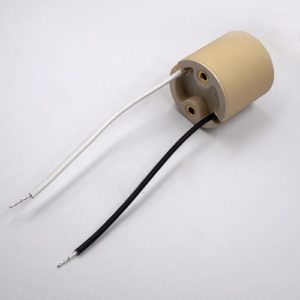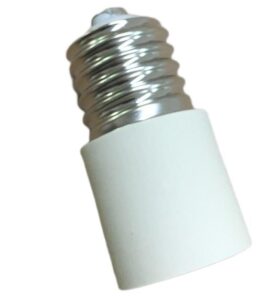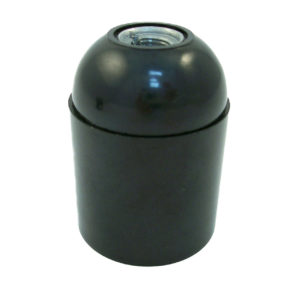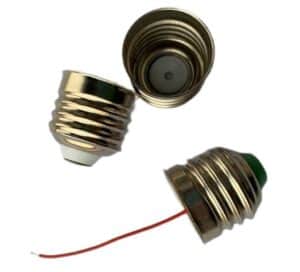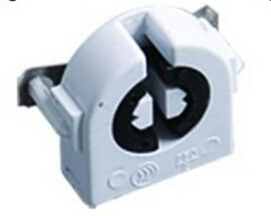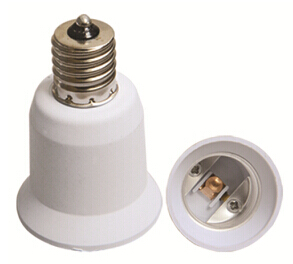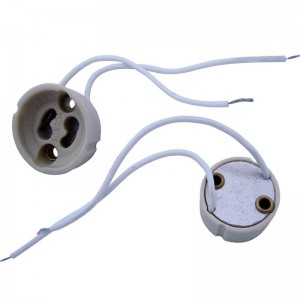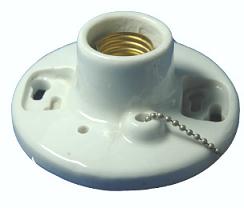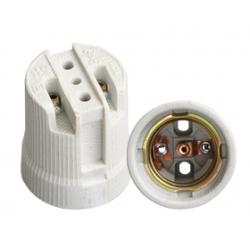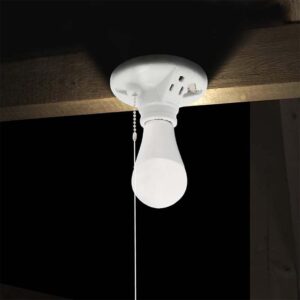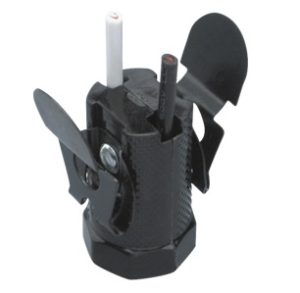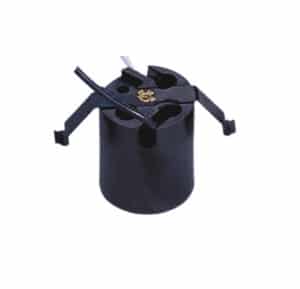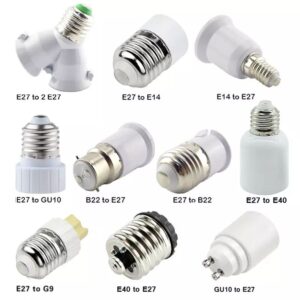One problem you might have with a light fixture is rust on the wires inside a bulb holder. This can lead to all sorts of electrical problems, malfunctions, and even safety hazards.
Wires inside a bulb holder get rusty from moisture or humidity which causes the metal parts to oxidize. You can prevent this by checking them regularly and doing a little maintenance.
This article will explain why wires in bulb holders get rusty and how to keep it from happening.
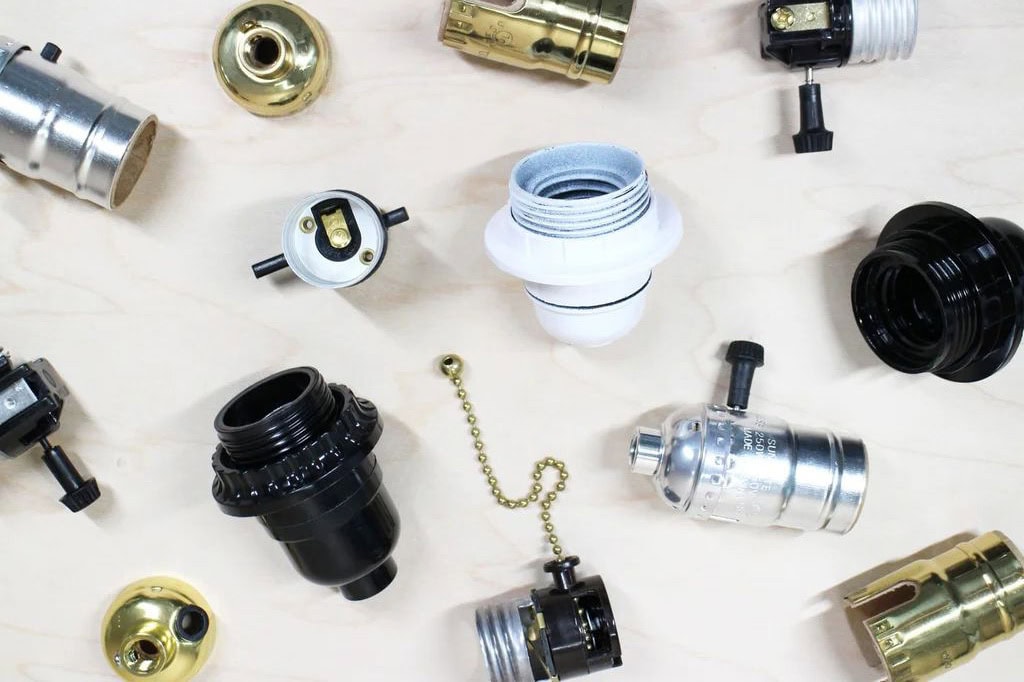
Moisture and Humid Environments
Moisture is the primary cause of rusting inside a bulb holder. Bulb holders installed in bathrooms, kitchens, or outdoor spaces are exposed to high levels of humidity, which can seep into the holder and affect the wires. Over time, this moisture breaks through the insulation and causes the metal wires to oxidize, leading to rust.
In these environments, rusting can be accelerated, particularly if the bulb holder is not sealed properly. To prevent this, choose light fixtures designed for damp areas or use dehumidifiers in rooms where moisture is prevalent. Regularly checking the light fixtures for moisture buildup and wiping them down can also help mitigate the risk.
Oxidation and Corrosion of Materials
The process of oxidation occurs when metal is exposed to oxygen and water, resulting in corrosion. Metals like iron and steel are especially prone to rusting when they come into contact with moisture. The rust formed is not only unsightly but also reduces the conductive properties of the wire, leading to poor electrical performance.
Even though copper wires are generally more resistant to corrosion, they can still oxidize in a humid environment, forming a greenish layer called copper oxide. Using wires with protective coatings or selecting materials like copper or tinned copper, which are more resistant to corrosion, can help reduce the risk of rust forming on the wires inside a light bulb holder.
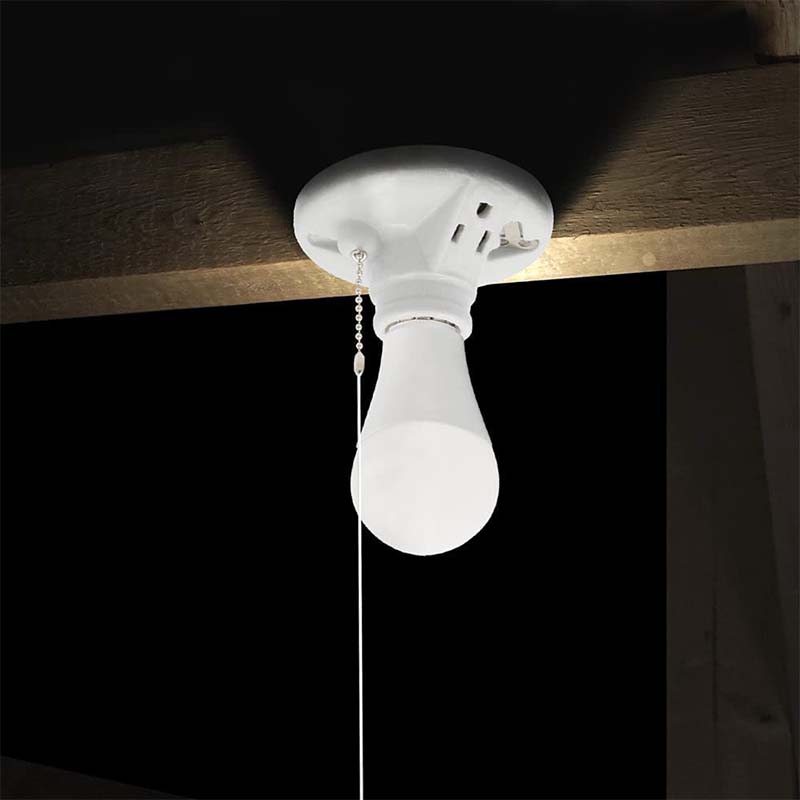
Poor Sealing and Installation Issues
Improper sealing of the bulb holder can allow water or moisture to enter the fixture, accelerating the rusting process. The entry point where the wire passes through into the holder is particularly vulnerable if not sealed correctly. Over time, this gap can let moisture in, affecting both the wire connections and the metal components of the bulb holder.
When installing a new light fixture, ensure that all seals are tight and that no gaps are present. For outdoor lighting or fixtures exposed to the elements, it’s especially important to use weatherproof seals to protect the wires from moisture ingress.
Low-Quality Wires or Holder Materials
Using low-quality materials for wires or bulb holders increases the likelihood of rust and corrosion. Cheaply made bulb holders may not be designed to withstand humid environments or may lack protective coatings that prevent rust.
Investing in high-quality, corrosion-resistant materials will not only extend the life of the bulb holder but also improve the safety and reliability of your electrical system. Look for light fixtures that are certified for use in damp or outdoor environments to reduce the risk of rust-related issues.
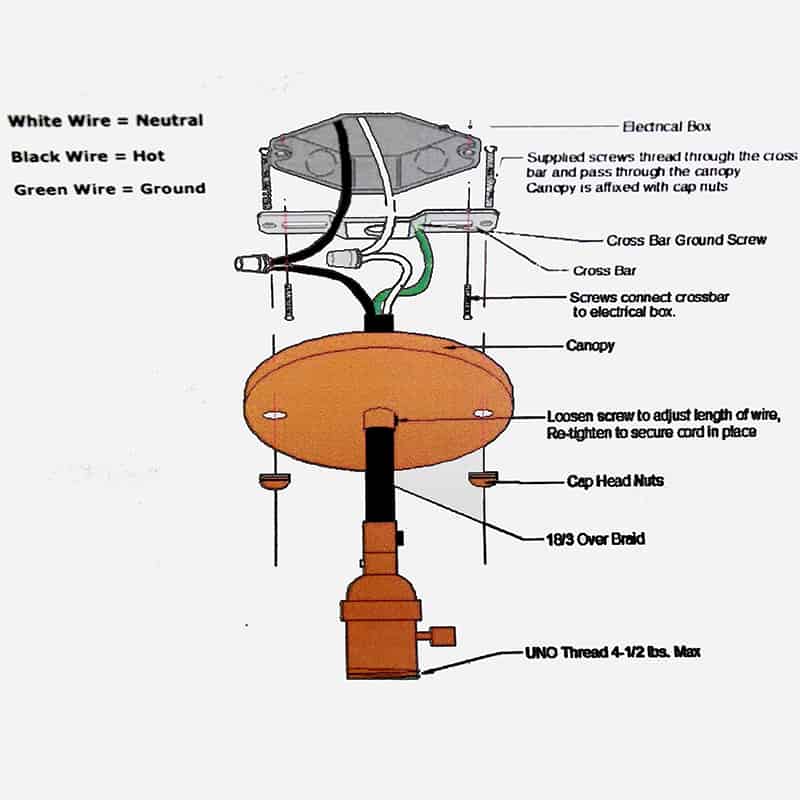
Lack of Maintenance and Cleaning
A lack of regular maintenance can exacerbate the problem of rust in bulb holders. Dust, grime, and moisture can accumulate over time if the fixture is not periodically cleaned, creating the perfect environment for rust to develop.
To avoid this, it’s important to regularly clean your light fixtures, especially those located in high-humidity areas. Use a dry cloth to wipe the holder and check for any signs of moisture or rust. If rust is detected early, you can clean it before it causes significant damage to the wires or the fixture.
Friction or Damage at Wire Connections
Damage to the wire insulation or connections can expose the metal wires, making them more susceptible to moisture and rust. If the wires are bent or improperly installed, the protective insulation might break down, allowing the metal core to come into contact with air and moisture.
Ensure that the wires are installed correctly and that no damage occurs to the insulation during installation. If any exposed wires are visible, covering them with additional insulation or replacing the damaged sections can prevent rust and corrosion.
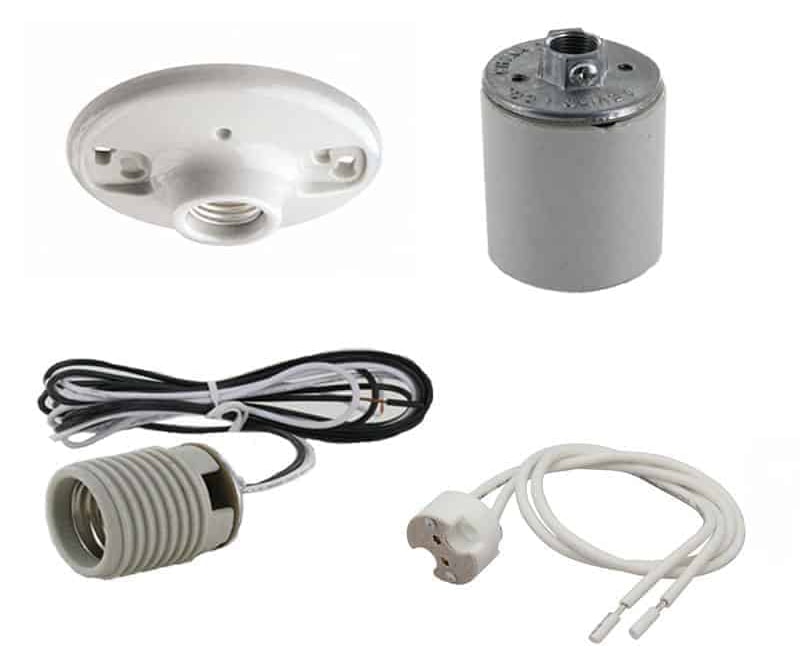
Environmental Pollution and Corrosive Substances
In areas with high levels of environmental pollution, such as industrial zones or coastal areas, the air may contain corrosive elements like salt or acidic compounds. These elements can accelerate the rusting process, even in relatively dry conditions.
If you live near the sea or in an industrial region, it is important to choose corrosion-resistant materials for your bulb holders and wires. Applying a protective coating or using fixtures designed to withstand these harsh conditions can significantly extend the life of your lighting system.
Overloaded Circuits and Heat Damage
Overloading your electrical circuit can cause wires to overheat, which damages the insulation and exposes the wire to the elements. This exposure not only increases the risk of rust but also poses a serious safety hazard.
Make sure that the wires in your light fixtures are rated for the correct voltage and current capacity. If you notice any signs of overheating, such as melted insulation or a burning smell, immediately shut off the power and inspect the wires for damage.
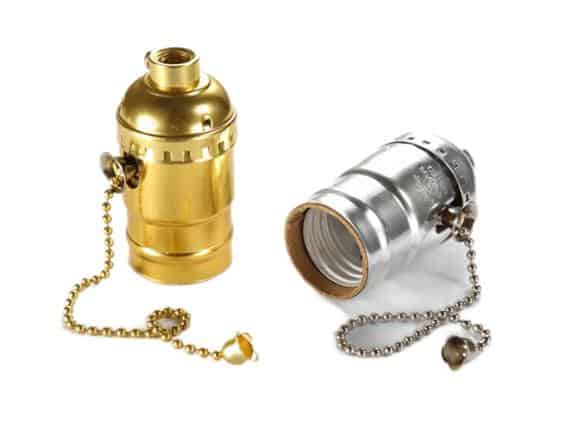
Use of Anti-Rust Coatings
Applying anti-rust coatings to the wires and connections is an effective way to prevent rust in bulb holders. Specially designed sprays or coatings can create a protective barrier that shields the metal from moisture and corrosive elements, extending the life of the wires and the fixture.
Regularly applying these coatings as part of your light fixture maintenance can help keep rust at bay, particularly in outdoor or humid environments.
Conclusion
Wires inside a lamp holder get rusty because of things like moisture, oxidation, poor installation, and the use of low-quality materials. By understanding the causes and taking steps to prevent them (such as using high-quality materials, making sure the fixture is sealed, and keeping it maintained), you can prevent rust and make sure your lighting system works safely and correctly.

